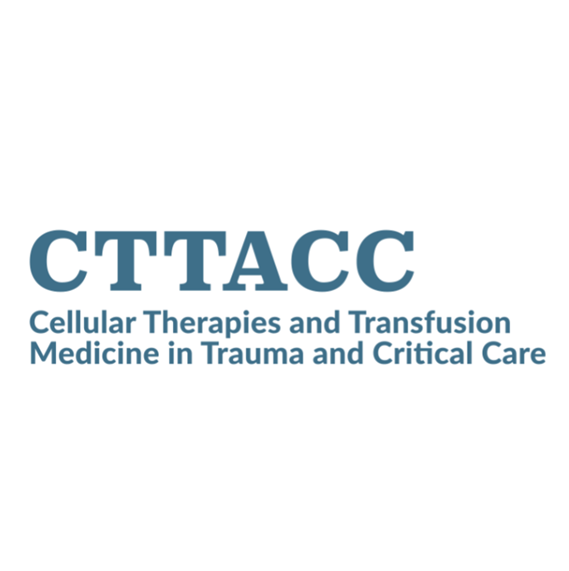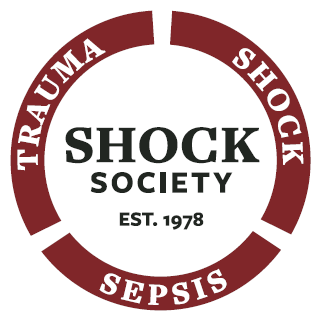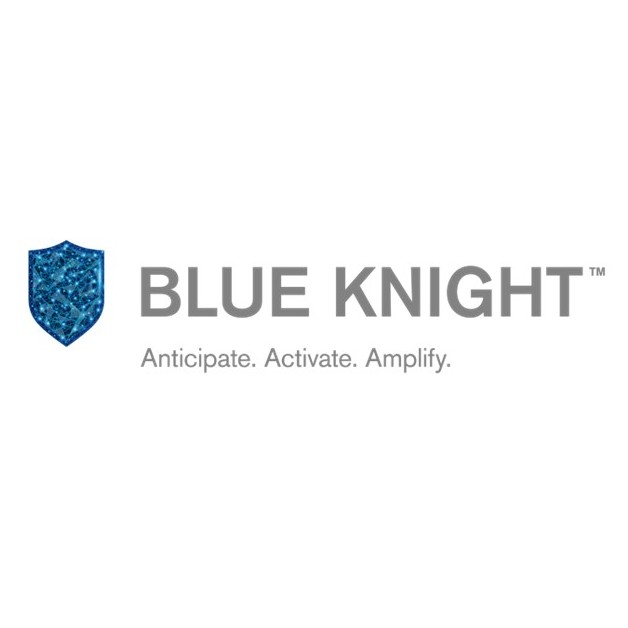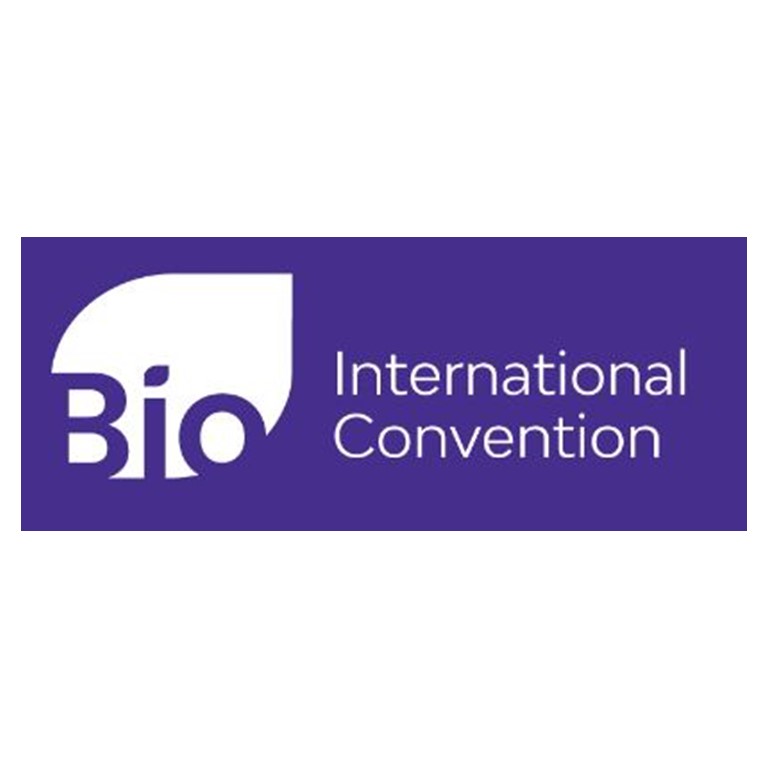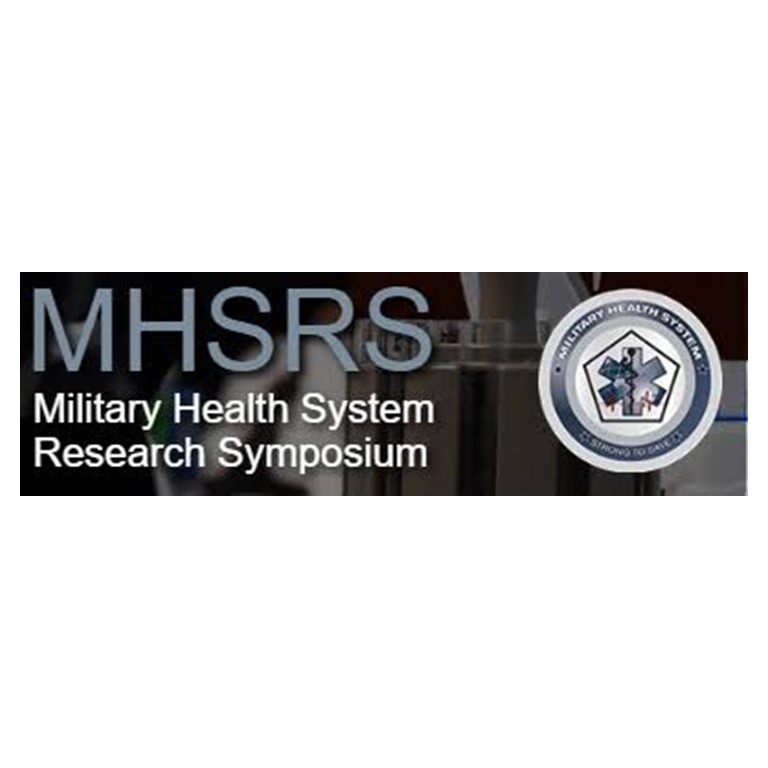UPCOMING EVENTS
NEWS
The New Yorker: The Long Quest for Artificial Blood
KaloCyte’s three co-founders, Drs. Allan Doctor (CSO), Dipanjan Pan (CTO), and Phil Spinella (CMO) were among several experts interviewed for and quoted in this article on the history and current status blood substitute research, featuring KaloCyte’s development of ErythroMer.
KaloCyte Selected to Join Blue Knight
KaloCyte, Inc., a pre-clinical biotech startup company developing a bio-inspired red blood cell substitute called ErythroMer™, announced today that it has been selected to join Blue Knight, a strategic collaboration between the Biomedical Advanced Research and Development Authority (‘BARDA’) and Johnson & Johnson’s global incubator network, JLABS, supporting early-stage innovation and incubation of science and technologies to improve health security and unlock new approaches to solving health issues.
Scorpius Holdings Announces Collaboration with KaloCyte to Advance Manufacturing for ErythroMer™
Scorpius Holdings, Inc (NYSE American: SCPX) (“Scorpius” or “the Company”), an integrated contract development and manufacturing organization (“CDMO”), today announced its collaboration with KaloCyte, a pioneering pre-clinical company in the field of therapeutic innovation.
Science: There Will Be Blood: Is mimicking the cells that carry hemoglobin the key to a blood substitute?
Decades of efforts have failed to develop a good substitute for oxygen-carrying red blood cells. A new candidate, ErythroMer, is still in preclinical testing but could be more durable and versatile than the real thing.
The UM BioPark is a Beacon for Early-Stage Technology Ventures
The research park’s perfectly matched location and array of startup-supporting resources makes it an invaluable pillar for a growing number of life science startups — and the entire Maryland ecosystem.
The Commons Podcast Season 4, Episode 2: Beautiful Cells: A Conversation with Elaine Haynes CEO of KaloCyte
Host, Thomas Osha sits down with KaloCyte’s CEO – Elaine Haynes in the company’s lab at the University of Maryland, Baltimore and UMB BioPark to discuss their groundbreaking bio-inspired artificial red blood cells and what’s next for this very interesting start-up.
TEDCO Invests SSBCI Funding into Kalocyte, Inc.
TEDCO, Maryland’s economic engine for technology companies, announced a recent $500,000 State Small Business Credit Initiative (SSBCI) investment into KaloCyte, Inc. This investment came through TEDCO’s Venture Funds.
Governor Moore Focuses on Jobs, Economy in Fifth Bill Signing
Moore compared the bill to public sector grant funding that went to companies such as KaloCyte. The Baltimore-based company is working to develop an artificial red blood cell substitute product. Moore spoke about
the company and Elaine Haynes, president and CEO of the company, during his pre-bill signing remarks.
Penn State Scientist Plays Key Role in $46M Artificial Blood Research Program
Penn State Professor Dipanjan Pan co-invented ErythroMer, an artificial oxygen carrier, that will be used in a $46 million project led by the University of Maryland School of Medicine to develop an artificial whole blood product.
AABB News: Biosynthetic Components Come Together in Search for Whole Blood Substitutes
Transfusion medicine is dependent upon altruistic blood donors, the time of year, geography, screening and testing time, storage limitations and the logistics of getting blood where it is needed. The next advance — the development of a biosynthetic whole-blood surrogate product with a long shelf life that can be freeze-dried for easy portability, storage and reconstituted on site when needed — is closer than ever before.

QUICK LINKS
ABOUT US
KaloCyte was founded by a distinguished team of researchers in physiology, bioengineering, and trauma care and is poised to deliver ErythroMer, a dried, bio-inspired artificial red blood cell, to market. ErythroMer is envisioned for use when stored red blood cells are unavailable, undesirable or in short supply. KaloCyte is supported by over $20M in federal grants and investor funding.

